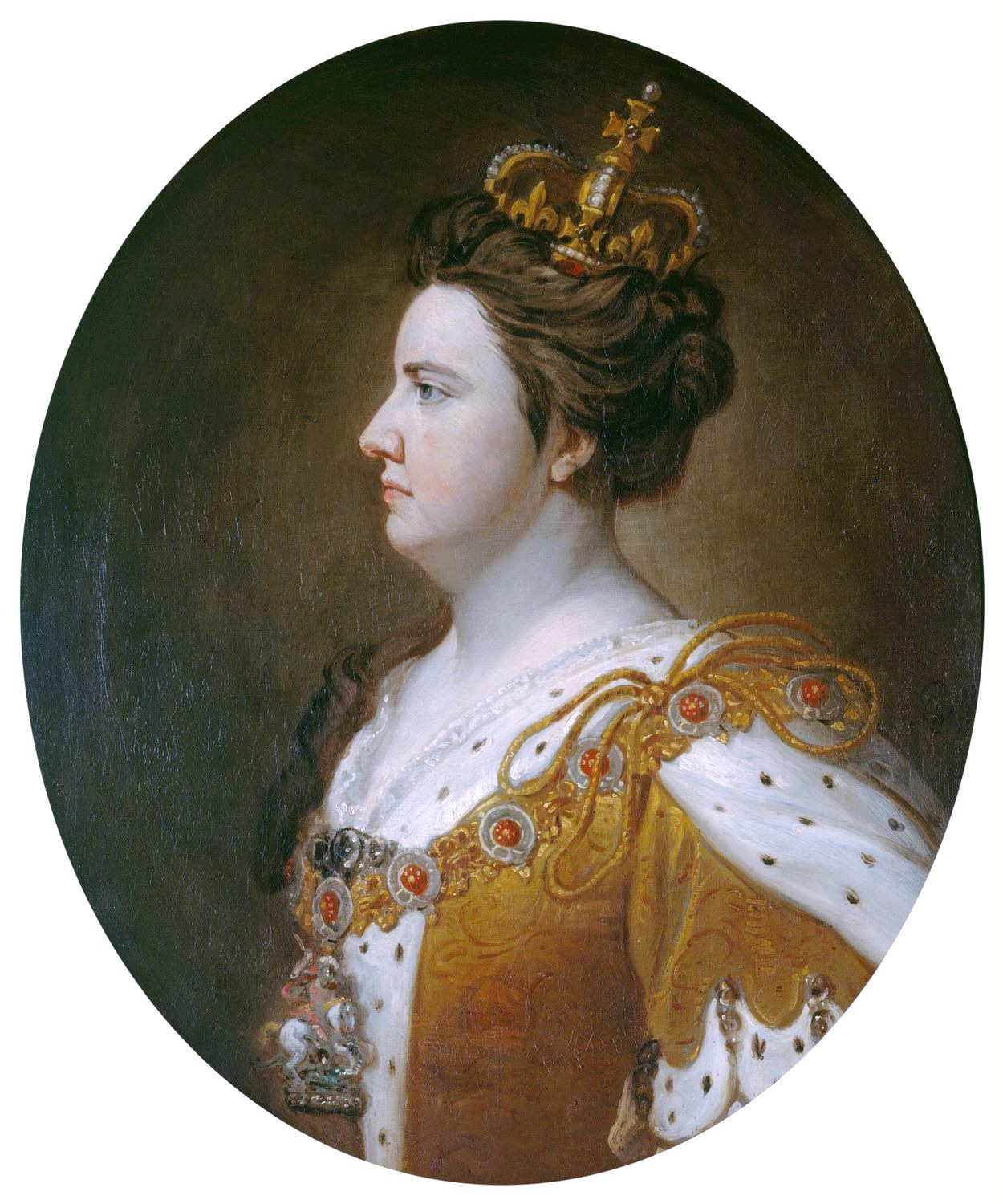 |
| Queen Anne of Great Britain |
This is the kind of Hollywood movie that I loathe. While it uses real names and purports to be a factual tale of history, it has the same relationship with history as Donald Duck has. The story it purports to tell is the relationships among three women, England’s Queen Anne (Olivia Colman), Lady Sarah Churchill (Rachel Weisz), and Abigail Masham (Emma Stone) in the first decade of the 18th century.Directed by Yorgos Lanthimos from an original script by Deborah Davis significantly rewritten by Tony McNamara, the film is presented in eight parts as sort of a light comedy with bright music, despite the dark Machiavellian theme. The true story is that Anne and Sarah were friends long before Anne became Queen. Upon her coronation in 1702 she named Sarah Mistress of the Robes (the highest office in the royal court that could be held by a woman), Groom of the Stole, Keeper of the Privy Purse (basically in charge of all the finances), and Ranger of Windsor Great Park. In other words, Sarah became the power behind thrown.
Sarah was a plainspoken woman and a good business woman, and she remained so in her relationship with the Queen. Sarah’s husband, John Churchill, the Duke of Marlborough (Mark Gatiss) was away during much of this time fighting the War of the Spanish Succession. Politically, Sarah was a Whig and exerted as much influence as she could on Anne, who was more aligned with the Tories, to fund her husband’s war.
Abigail came on the scene in the early 1700s after she had been hired by Sarah, who took pity on her after Abigail’s family lost power and fortune and she was working as a servant. Sarah hired her even though she had never met her because she had innumerable cousins and could not have been expected to know all of them. In 1704 Abigail procured an appointment in the Queen’s household.
Because Sarah was an aggressive, frank and sometimes undiplomatic woman and Abigail was her direct opposite, quiet and retiring, and because Sarah was away from court much of the time, Abigail slowly insinuated herself and became a favorite of the Queen and eventually Sarah was dismissed. Jealous, Sarah did everything she could to regain favor with the Queen, even spreading rumors of a lesbian relationship between Abigail and Anne.
Those are the facts, but not the movie. Lanthimos freely admits that there is little correlation between the movie and the facts. He has been quoted as saying, “Anyone who comes to this movie looking for a history lesson is in the wrong movie.” To her everlasting discredit, Deborah Davis signed on to the fictionalization of her original script and the result is this distasteful movie that should be offensive to anybody who cares about the truth. It takes up the Sarah-created rumors of the lesbian relationship between the Queen and Abigail, turns that rumor into fact and makes homosexuality the linchpin of the story. But it goes even further by showing that not only was that a fact in frank and unpleasantly descriptive language many could find offensive, but also shows a lesbian relationship between Sarah and the Queen, something that has no foundation.Not only is the film historically inaccurate, it’s sloppy. Among lots of other gaffes, it assumes that the viewer knows who these people were and never once reveals when the action takes place.
If for some unknown reason Lanthimos really wanted to make this film, he should have made it more like a roman à clef using different names instead of defaming everyone in it. Since he did not, he had an obligation to have introduced the film with a graphic saying that although real names are used, the film is almost totally fiction. Absent this, he has perpetrated a fraud on the public. The sad part of this is that the vast majority of people who have never heard of Queen Anne, Sarah, and Abigail will come out of it thinking that this is what really happened. (Read more.)
The history behind the film. From History Extra:
Set in the court of Queen Anne (1665–1714), The Favourite explores the changing power dynamics and relationships between three female protagonists: Queen Anne (Olivia Colman); Abigail Masham (Emma Stone); and Sarah Churchill, Duchess of Marlborough (Rachel Weisz).
The latter was Anne’s companion and confidante since girlhood. When Anne succeeded to the throne in 1702, the Duchess of Marlborough was among those she brought with her to court. Granted all the major posts in Anne’s royal household – Groom of the Stole, Mistress of the Robes, Keeper of the Privy Purse and Ranger of Windsor Great Park – Churchill occupied a position of vast authority that she endeavoured to wield to the advantage of her preferred political faction, the Whigs.
For a time, the duchess’s pre-eminence at court and friendship with the queen seemed unshakeable. It was gradually eroded, however, by personal and political differences between the women, and finally shot through by the emergence of a new court favourite. Marlborough’s usurper was Abigail Masham, a lower ranking courtier and cousin of the Duchess of Marlborough, brought into court circles under the patronage of the duchess herself. The Favourite dramatises their triangular and tense struggle for dominance, putting female politics at the heart of every scene while foppish men in red high heels and extravagant suits watch from the edges. (Read more.)
What happened to the real Lady Sarah? From Bustle:
Sarah went on to live for another 34 years, passing away in 1744 at the age of 84 — a long life even by today's standards. She had seven children with husband John Churchill, and she outlived all but one of them. She also outlived her husband by 22 years, and Queen Anne by a staggering 30 years. In 1730, Sarah published her memoirs, which for many years were considered a premier — if unflattering — source on the life of Queen Anne. And in 1742, she published another work, An Account of the Conduct of the Dowager Dutchess of Marlborough, from Her First Coming to Court, to the Year 1710 in a Letter from Herself to My Lord, offering even more insight into her time in power, according to The Peerage.
Thanks to her free-spirited, charming personality and her tenacity, Sarah Churchill was able to greatly influence policy in 18th century Great Britain through her relationship with Queen Anne. But it was these same attributes that ultimately led to her fall from the queen's good graces, and her subsequent loss of power. (Read more.)
 |
| Sarah, Duchess of Marlborough |
























